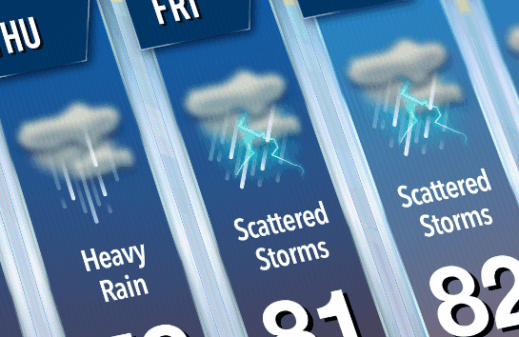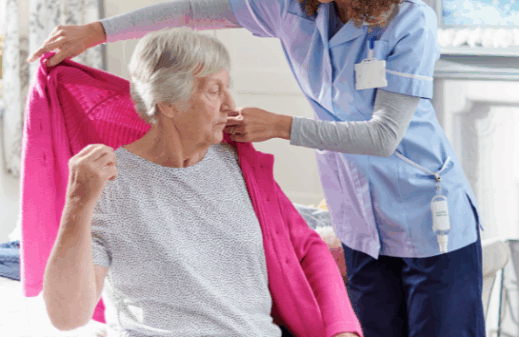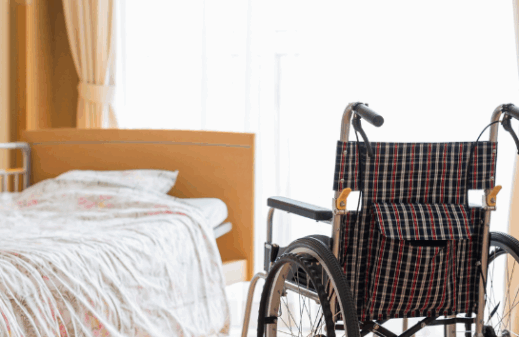Aging individuals enjoy watching their families grow and reach new milestones. One of the biggest joys they experience is the arrival of grandchildren. The young and old have a special connection that may offer some significant health benefits. A recent study shows elderly individuals that watch their grandchildren at least once a week experience fewer cognitive disorders like Alzheimer’s and depression.
Intergenerational Learning
This research reinforces the work that a lot of adult residential care homes and programs are already utilizing – Intergenerational learning paths. Intergenerational learning connects adult residential care homes with daycares and preschools. Residents and students enjoy time together where they learn and develop highly valuable social skills.
Benefits
Intergenerational learning teaches both young and old how to better communicate and interact with others. The students improve their confidence levels by practicing communication skills. Residents often feel isolated in the adult residential care facility and working with the children helps keep the minds active and on point for problem-solving.
- Improves happiness.Residents who actively meet and interact with children are happier than those that don’t. The increased happiness occurs because children remind them of their youth and bring forgotten memories to life.
- Improves health.Elderly adults who regularly interact with children experience many health benefits. Their risk for falling, Alzheimer’s, and depression all decrease. Over time, the two learn to rely on one another and emotionally support each other. As the emotional support increases, their psychological health improves according to one study.
- Teaches acceptance.It is common for younger generations to be scared or hesitant of the elderly. The interaction between the two generations teaches children to accept others, especially the older population.
- Improved academic skills. Intergenerational activities give students a way to practice and improve their academic skills like number/letter recognition, counting, reading, and writing. Having the opportunity to do these activities on a weekly basis makes creates a fun and enjoyable environment for the students to perform in.
Types of activities
Adult residential care homes don’t always have access to programs like these. Here are some dditional activities you can host or create to improve your residents’ time with a younger generation.
- Holiday parties. The holidays are a great time to host intergenerational activities. Invite students in to learn about holiday traditions and interact with the residents. Plan for them to participate in festive projects like Easter egg painting, egg hunts, building gingerbread houses, and Christmas tree decorating. These are activities both generations will enjoy together.
- Craft days.Host craft project days for the groups to make and build crafts together. Creating a house out of craft sticks and other supplies opens their eyes to how each other view a home. Other great projects include coloring pictures, painting, and sewing projects.
- Games and puzzle days.Games and puzzles get the mind and body moving which is good for all ages. Bean bag tosses, freeze tag, scavenger hunts and other puzzles help the group improve problem-solving skills and trains their minds to focus on the small details of a situation.
Take the time to research intergenerational program options for your adult residential care home. Giving your residents the gift of time with children may help improve their health and quality of life.



